A Huawei conference, in partnership with Science|Business
Rapid advances in mobile connectivity and artificial intelligence are bringing about a step change in automation that is transforming both individual organisations and entire industries.
The widespread usage of smartphones and the expanding Internet of Things are enabling computer scientists to capture and analyse vast amounts of information that can be used to train machines. Software can sift through these massive data samples, drawing on the extraordinary computational power now available in the cloud, and gradually identify patterns and develop new algorithms that can be used to make everything from household appliances to industrial equipment smarter and more self-sufficient.
For example, automakers are using wireless connectivity to capture and analyse enormous amounts of data about how human drivers handle cars when confronted with specific road layouts, weather conditions, traffic and accidents. The data collected by connected cars might show the majority of people drive significantly below the speed limit in wet weather on rural roads. Once it has detected that pattern, a self-driving car system would mimic this behaviour, slowing down as soon as its sensors detect wet tarmac. By learning from such examples, the computer is essentially writing its own software.
With the advent of 5G services in 2020, the Internet of Things and artificial intelligence will develop faster still, potentially delivering widespread socio-economic benefits in Europe and beyond.
But a number of cultural and political barriers could hold back the digital transformation of Europe. Policymakers and citizens alike fret about computers taking over people's jobs and fuelling even greater inequality between the digital haves and have-nots. Equally, there are legitimate concerns about what all this real world data mining means for personal privacy and security.
With digital technologies evolving so fast, now is the time for policymakers, academics, business leaders and other stakeholders to come together to determine how to harness this highly potent technology for the greater good.
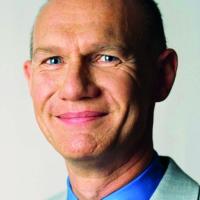
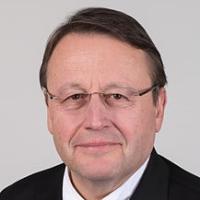
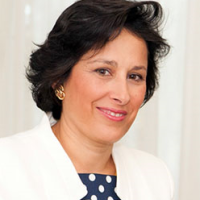

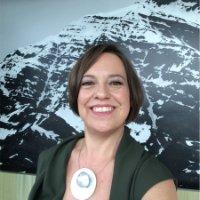
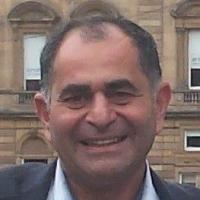
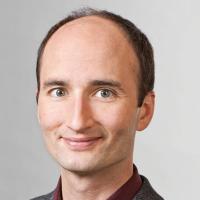

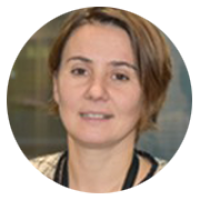

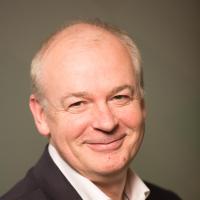
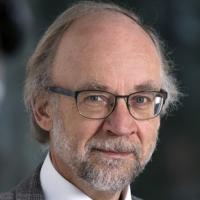

09:00 Opening remarks
- Gaston Khoury, Vice-President Sales Western Europe Region, Huawei
09:10 How Europe can drive digital transformation
What does Europe need to do to maximize the positive impact of new computing and connectivity technologies?
- Patrick Child, Deputy Director-General, DG Research and Innovation, European Commission
- Walter Weigel, Vice-President, Huawei European Research Institute
- Daniel Cremers, Professor for Computer Science and Mathematics; Chair for Computer Vision & Pattern Recognition; Managing Director, Dept. of Computer Science, Technische Universität München
09:40 Why AI is advancing so fast and what comes next
How artificial intelligence will evolve over the next five years and the impact on Europe's companies and citizens.
- Mark Bishop, Professor of Cognitive Computing, Chair of Society for the Study of Artificial Intelligence and the Simulation of Behaviour, Goldsmiths
10:00 Case studies from the cutting edge
Which organisations are at the forefront of the digital revolution, what benefits are they seeing and what challenges are they encountering?
- Laetitia Cailleteau, Managing Director, UKI Emerging Tech Lead, Global Lead for Virtual Agent, Liquid Studio Director, Accenture
- Lieve Declercq, Vice-President Research and Advanced Technologies Europe & Asia, Estée Lauder Companies
- Boris Krumrey, Chief Robotics Officer, UiPath
- Martti Mäntylä, Professor, Information Technology, Aalto University
- Vincent Wade, Director of ADAPT, Trinity College Dublin
11:00 Coffee break
11:30 The next industrial revolution
How the rapid advances of digital technologies will transform organisations and the way in which they operate.
- Daniel Cremers, Professor for Computer Science and Mathematics; Chair for Computer Vision & Pattern Recognition; Managing Director, Dept. of Computer Science, Technische Universität München
11.50 The way ahead: How will new digital technologies change everyday life?
How will continual connectivity, smart machines and self-sufficient systems change the way we lead our lives and how we protect privacy and security? How should policymakers respond?
- Asunción Gómez-Pérez, Vice-Rector for Research, Innovation and Doctoral Studies and Full Professor, Technical University of Madrid
- Maziar Nekovee, Professor of 5G Mobile Technologies, University of Sussex
- Pearse O’Donohue, Acting Director, Future Networks Team, DG for Communications Networks, Content & Technology , European Commission
- Dino Pedreschi, Professor of Computer Science, University of Pisa
- Paul Rübig, Member, European Parliament
12:50 Concluding remarks
- Walter Weigel, Vice-President, Huawei European Research Institute
13:00 Lunch
Registrations are now closed. For more information please contact Natalia Grzomba at [email protected]
Venue: Concert Noble, Rue d'Arlon 82, 1000 Bruxelles

 A unique international forum for public research organisations and companies to connect their external engagement with strategic interests around their R&D system.
A unique international forum for public research organisations and companies to connect their external engagement with strategic interests around their R&D system.